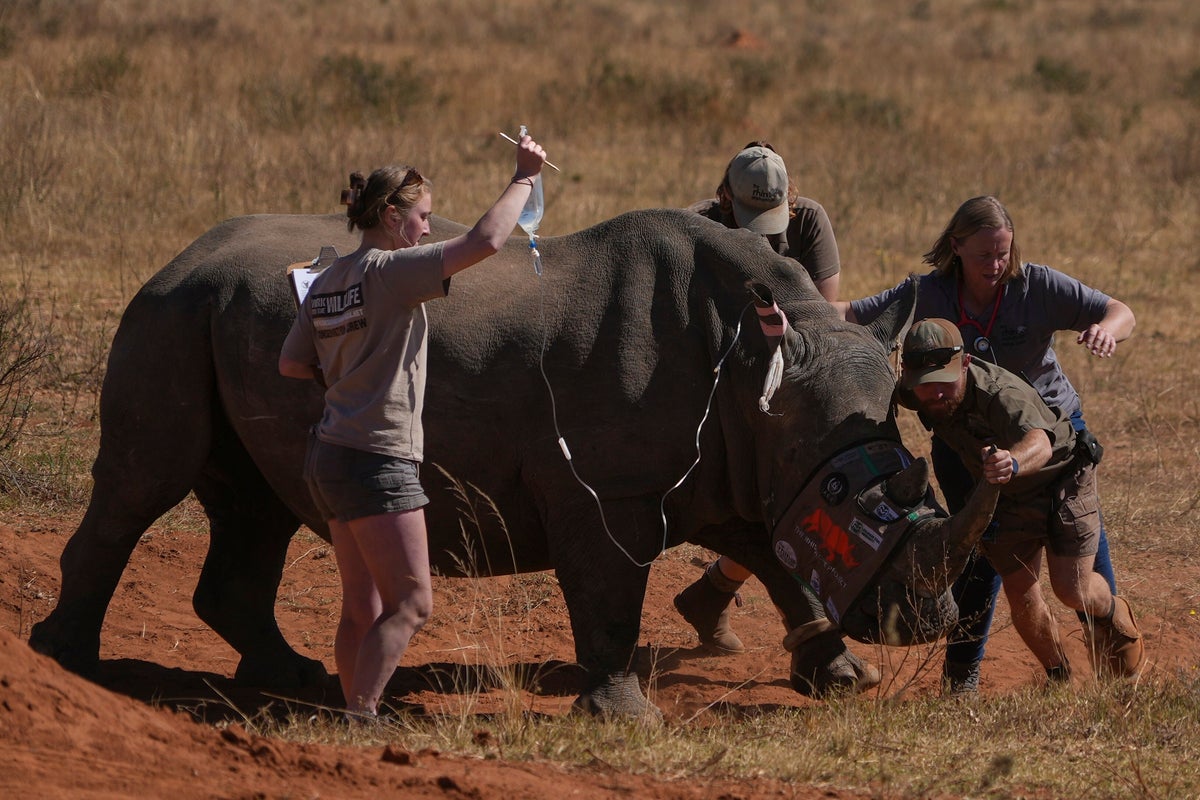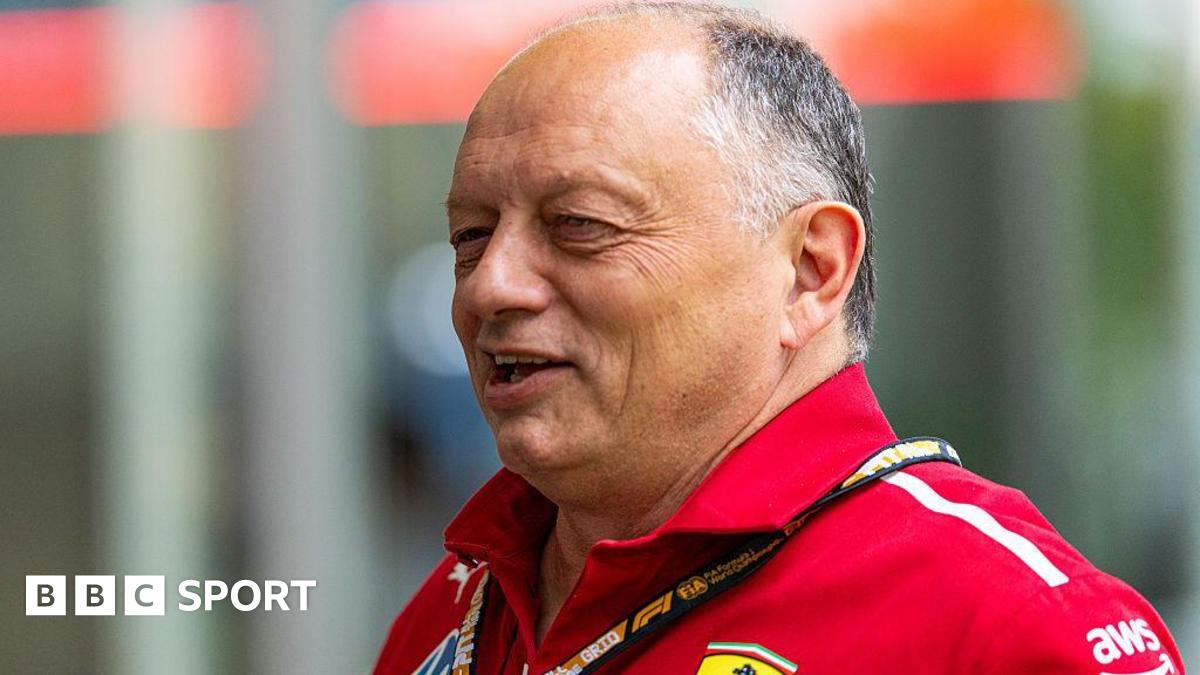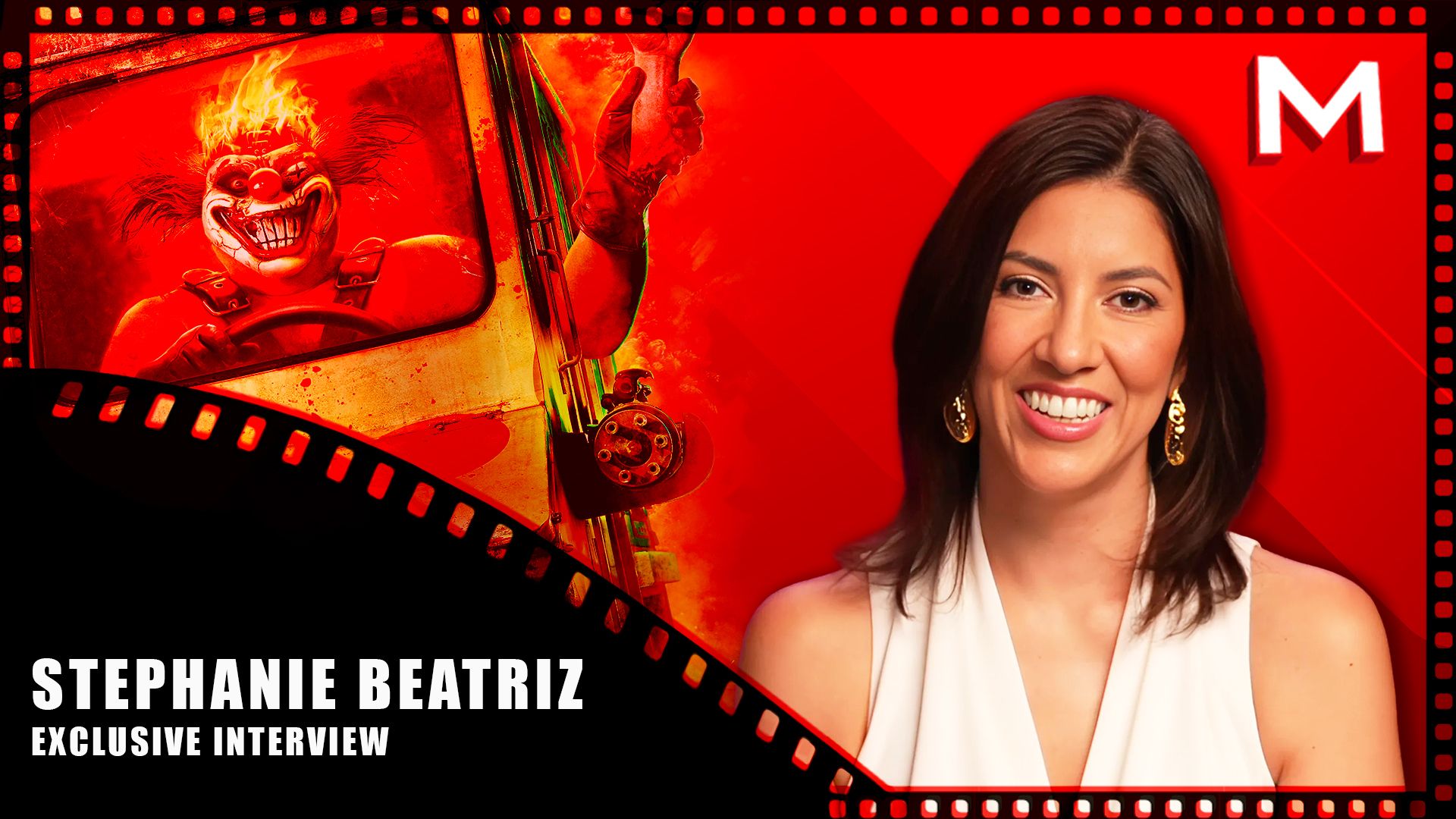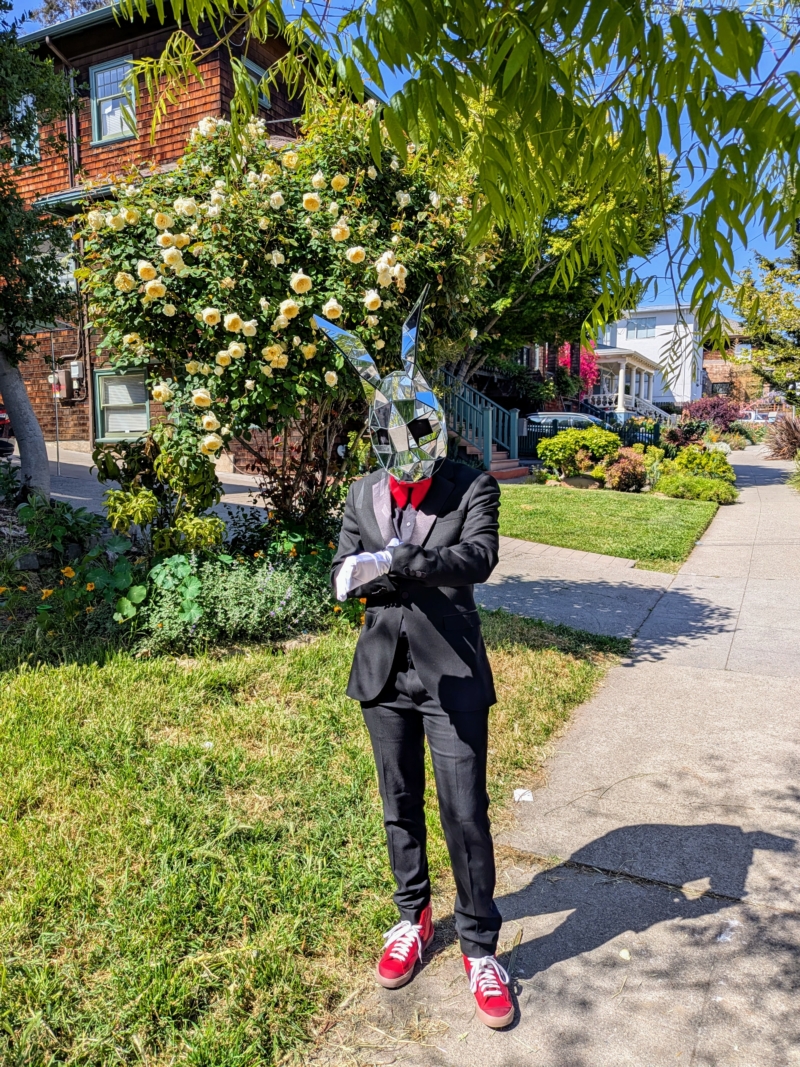Middle management is dead.

Everyone’s obsessing over whether AI will steal their jobs. They’re asking the wrong question.
While headlines scream about AI replacing workers—41% of employers are planning to downsize, half of entry-level jobs are vanishing—they’re missing the real transformation. The question isn’t who gets replaced. It’s what happens to everyone who remains.
Here’s the contrarian truth: AI isn’t just eliminating jobs. It’s eliminating the entire concept of traditional management. And that may be the best thing that could happen to your career.
The great flattening
Middle management exists primarily for one reason: to be human routers of information. Managers aggregate data from below, filter it, and pass it upward. They take strategy from above, translate it, and cascade it downward. They’re essentially organizational middleware.
But what happens when AI can route information instantly, surface insights automatically, and coordinate work seamlessly? The middleware becomes redundant.
At Fireflies, we’ve proven this isn’t just a theory.
We operate with minimal hierarchy—individual contributors earn more than managers. Our AI captures every conversation, tracks every decision, and ensures nothing falls through the cracks. The result? A radically flat organization where everyone operates like the CEO of their domain.
Welcome to the mini-CEO era
When information flows freely and AI handles coordination, something profound happens: Every employee gains the context and tools previously reserved for executives.
Picture this: A customer success manager (CSM) notices during three client calls that users are struggling with the same feature. Instead of scheduling meetings and writing reports, the CSM queries their AI teammate for pattern analysis across all customer conversations. Within minutes, data shows that 47% of enterprise clients mention this friction point. The AI teammate goes on to draft a feature improvement proposal, tag the product team, and by day’s end, it’s prioritized for the next sprint.
That action used to require three departments and five approval layers. Now it’s one person with AI amplification making executive-level decisions.
Or consider the sales rep who uses conversational intelligence to track competitor mentions across every sales call in the company. They spot a pricing pattern, adjust their proposal strategy, and close three deals that would have been lost. No sales ops team needed. No pricing committee. Just real-time intelligence and autonomous action.
This isn’t empowerment theater. It’s a fundamental reorganization of power.
Resistance is futile
Traditional organizations will fight this. They’ll create “AI committees” and “transformation task forces” stuffed with the very middle managers whose roles are evaporating. They’ll add layers to manage the technology that’s supposed to remove layers.
They’ll lose.
Because while they’re debating governance frameworks, their competitors are unleashing armies of mini-CEOs because each employee is armed with AI teammates that multiply their impact tenfold. Each person is making decisions at the speed of thought, not the speed of bureaucracy.
It’s your move
The choice is stark: Evolve or become irrelevant.
If you’re an employee, start acting like a mini-CEO today. Use AI to expand your scope. Make decisions beyond your pay grade. The old rules are dead.
If you’re a leader, stop protecting hierarchies that technology has already made obsolete. Give your people AI teammates and radical autonomy. Yes, it’s scary to surrender control. But the alternative—watching competitors move at 10 times your speed—is scarier.
The future of work isn’t about humans versus AI. It’s about humans with AI superpowers, operating in radically flat organizations where everyone thinks and acts like an owner.
Middle management is dead. Long live the mini-CEO.
Krish Ramineni is CEO and cofounder of Fireflies.ai.
What's Your Reaction?
 Like
0
Like
0
 Dislike
0
Dislike
0
 Love
0
Love
0
 Funny
0
Funny
0
 Angry
0
Angry
0
 Sad
0
Sad
0
 Wow
0
Wow
0

























































































